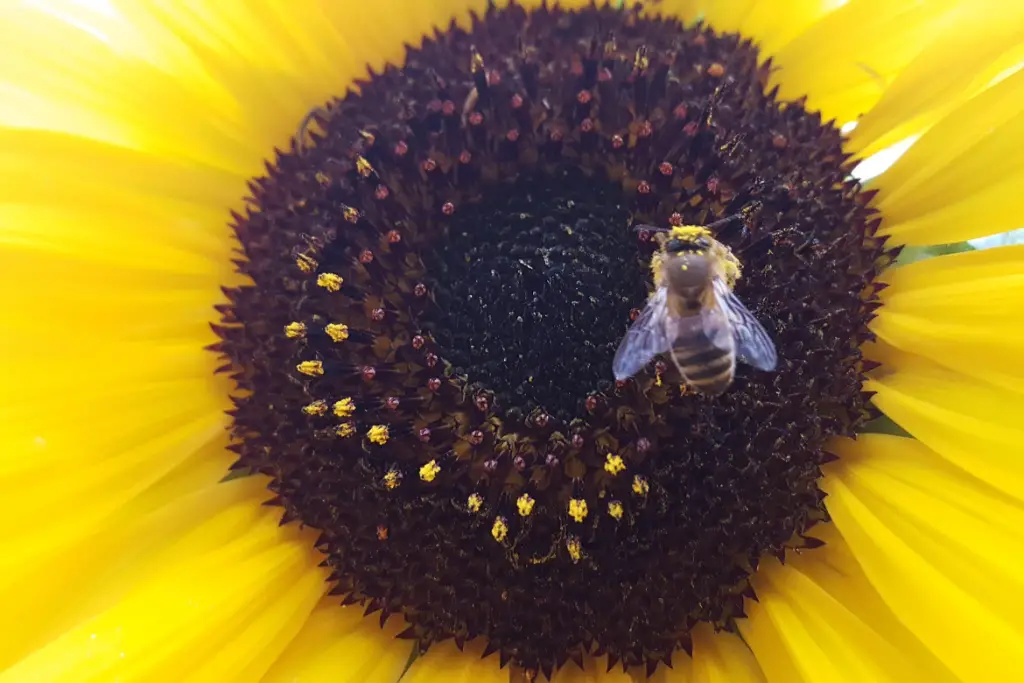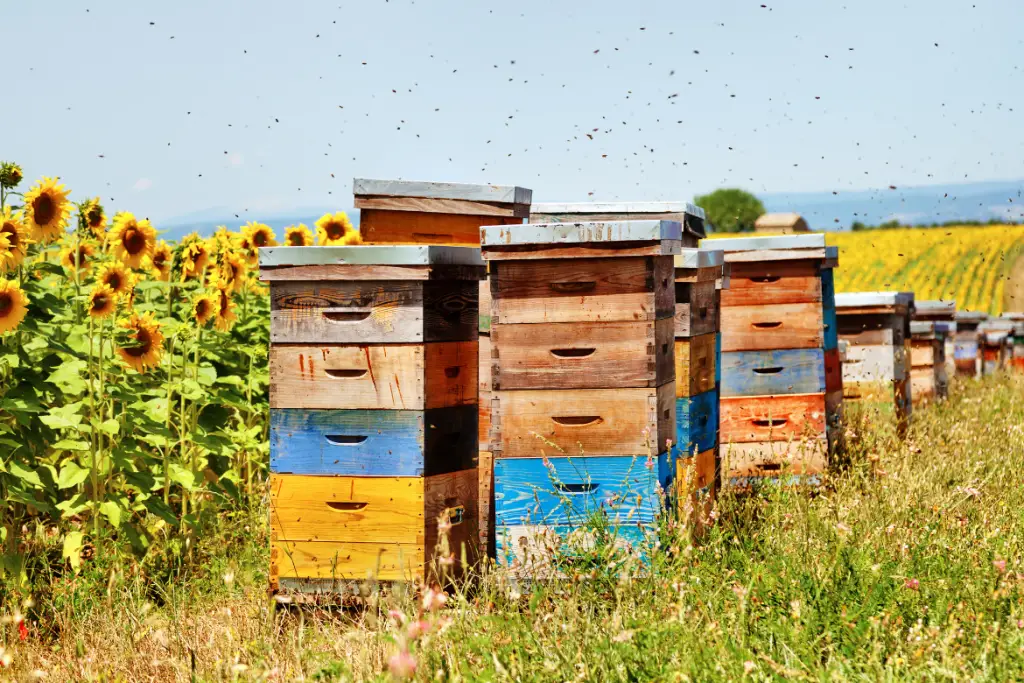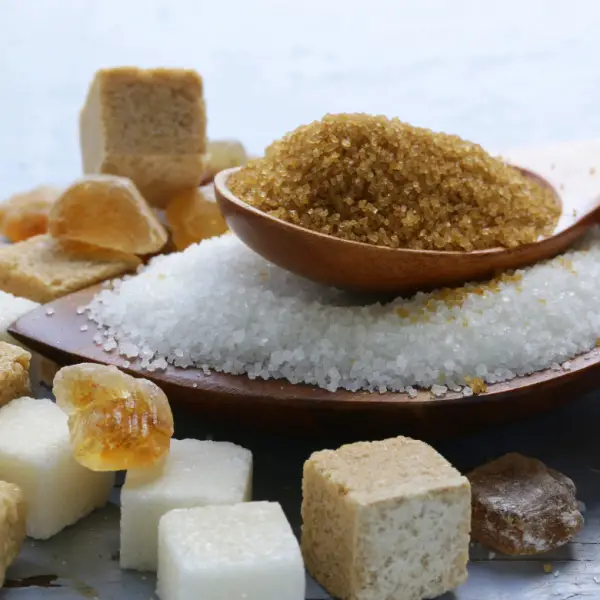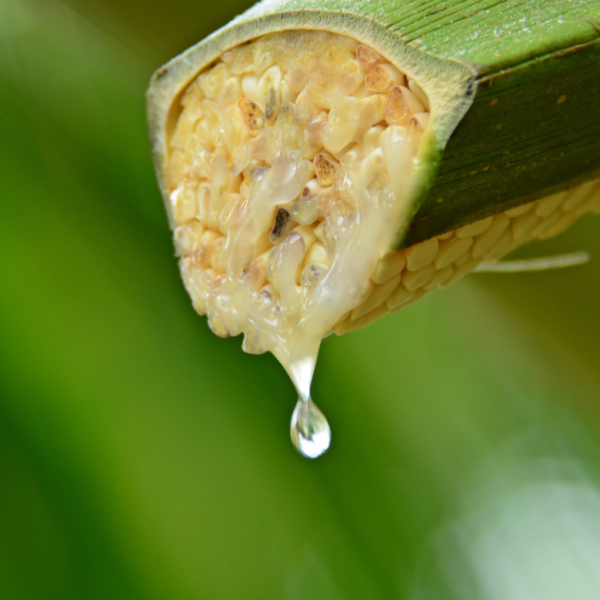Bees and sunflowers share a fascinating symbiotic relationship, in which vibrant blooms serve both as visual delights and vital food sources for these hardworking pollinators. Selecting bee-friendly sunflower varieties plays a pivotal role in attracting and feeding them back, contributing to overall bee population health. In this comprehensive guide we delve into this world of bee-friendly blooms; discussing recommended varieties, expert insights, and practical advice on cultivating gardens that nurture both flowers and pollinators simultaneously.

Do Bees Like Sunflowers? A Basic Understanding
Sunflowers with their large and majestic flower heads may seem like an ideal habitat for bees, yet reality reveals more nuanced results. Although bees are attracted to sunflowers, not all varieties provide the essential elements they require such as nectar production. Sunflowers known for their abundant pollen content often fail in nectar production which leaves bees pastured on sunflowers needing additional nectar supplementation or relocation to ensure their nutritional needs are met post-pollination season.
Contrary to popular perception, this relationship seems more beneficial for the sunflower than for bees. While bees gain from pollination activity, their energy requirements cannot be fulfilled through nectar supply alone.
Why Are Bees Attracted to Sunflowers?
Although sunflowers produce limited nectar, bees are drawn to them due to their easily accessible pollen production. Although not particularly high in protein content, sunflowers make up for it by producing abundant pollen which provides bee colonies with easy protein sources. Unfortunately, however, sunflowers don’t produce much nectar – and during dry seasons may even fail altogether to do so!
Pollen provides protein for feeding young bee larvae within a colony, yet nectar, which supplies energy-boosting sugars and carbohydrates for worker bees, remains short. Due to this shortfall in nectar from sunflowers, diversifying bee gardens with nectar-rich flowering plants such as hibiscus, cornflowers, citrus trees or bee balm is vital.

What Are the Best Sunflowers for Bees?
When selecting sunflowers to support bee populations, varieties must offer plenty of food sources for these essential pollinator species. Some specific sunflower species stand out for being particularly appealing to bees:
Sunflower Variety | Characteristics | Bee Attraction | Special Features | Why Good for Bees |
|---|---|---|---|---|
Fast-growing, branching type | High | Lemon yellow petals with a chocolate disk | Continuous blooms over time, attractive to bees looking for pollen and nectar. | |
Towering height (up to 12 feet) | High | Large seeds, nectar, and pollen | Provides abundant food for bees, birds, and other pollinators with large seeds, nectar, and pollen. Requires staking for support due to height. | |
Vanilla Ice | Soft, light yellow blooms | Moderate | Edible sunflower buds, bittersweet taste | Adds a pop of soft color, and the edible sunflower buds provide additional benefits for culinary use. Suitable for smaller gardens. |
Black Russian | Tall (12 to 15 feet), rich in oil | High | Large flower heads, rich in oil, edible | Rich in oil, provides a large pollen feast for bees, butterflies, and other pollinators. Seeds are edible and rich in oil. Drought-tolerant and easy to grow. |
Autumn Beauty | Earthy shades (orange, gold, burgundy) | High | Hardy, long blooming period | Hardy with a long blooming period, attractive to honeybees due to interesting color combinations. Suitable for small gardens and home landscapes. |
Yellow Pygmy | Classic yellow with a dark disk | Moderate | Minimalistic beauty, suitable for bouquets | Provides food for bees, butterflies, and hummingbirds. Its smaller size (1 to 2 feet) makes it suitable for smaller gardens and flower arrangements. |
Giant White Seeded | Giant size (up to 14 feet), white seeds | High | Giant size, edible white seeds, sunflower oil | Giant size provides abundant food, white seeds are edible for birds and people. Produces high-quality sunflower oil. Suitable for larger spaces. |
Dwarf Yellow Spray | Compact, vibrant yellow blooms | Moderate | Suitable for small gardens, pollen-packed | Compact size (2 feet) makes it suitable for smaller gardens. Provides sufficient nectar and pollen for bees. Flowers are ideal for summer bouquets. |
Henry Wilde | Delicate yellow petals with a dark center | High | Classic heirloom, attractive to birds | Provides pollen and nectar to pollinators. Birds, including goldfinches, cardinals, and chickadees, love its seeds. Classic heirloom suitable for ornamental purposes. |
Earthwalker Sunflower | Earthy tones (burnt orange, rusty red) | Moderate | Ideal as a border or backdrop, 6 feet tall | Attractive to bees, stands out with earthy tones. Ideal as a border or backdrop in gardens, reaching a height of 6 feet. |
Frequently Asked Questions
Can bees use sunflowers? Absolutely! Sunflowers provide abundant food sources for bees, including nectar and pollen which provide important nectar sources necessary for honey production while pollen serves as both protein and energy sources.
What flowers do bees prefer the most? Sunflowers are among the many bee-attracting blooms; others that attract bees include bee balm, wild white indigo, purple coneflower, black-eyed Susans, Joe-pye weed, and Marsh blazing stars.
What do sunflowers look like to bees? Humans typically perceive sunflowers as having uniform yellow rings of petals with brown centers; bees, with their ability to detect ultraviolet wavelengths, perceive sunflowers as bullseyes with darker centers and lighter edges.
Are bees capable of extracting honey from sunflowers? Yes, bees can extract honey from sunflowers by collecting and storing nectar produced by sunflowers; bees collect this nectar and store it in their honey stomachs until needed for honey production. Each variety and size of sunflower produces different amounts of nectar; how much each produces is determined by its genetic makeup.
Can You Eat Sunflower Honey? Absolutely! Raw sunflower honey is considered a superfood with antioxidant, anti-inflammatory, and antibacterial properties as well as various health-promoting metabolites.
Do sunflowers attract bees? Yes, sunflowers make great magnets for bees to attract their nectar and pollen as a mutually beneficial arrangement in which sunflowers provide nectar and pollen for bees while, in turn, bees pollinate sunflowers, thereby providing mutual benefits.
How Can Bees Benefit Sunflowers? Bees play an essential role in the pollination of sunflowers. While sunflowers can self-pollinate using wind pollination alone, bees enhance this process by carrying and transferring pollen between flowers for cross-pollination purposes.



